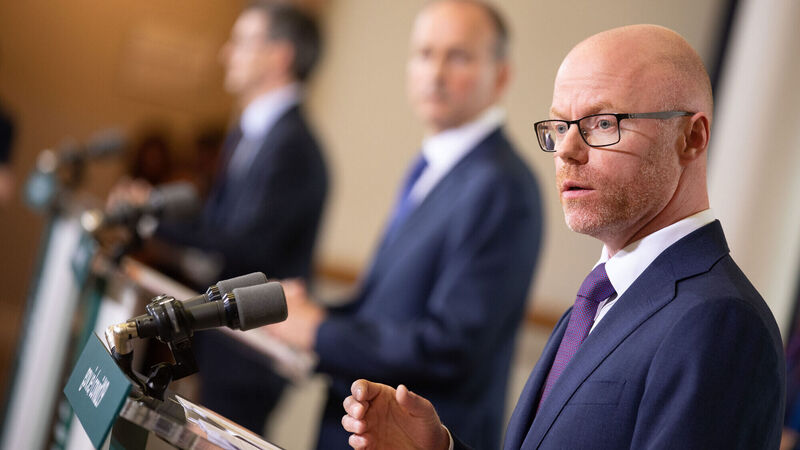Donnelly: 'Positive' initial results on decryption key for HSE hack

Health Minister Stephen Donnelly: 'There is good progress being made.' Picture: Julien Behal/PA Wire
Health Minister Stephen Donnelly has said "initial results are positive" on the decryption key sent by HSE hackers to the Government.
The key was made available on Thursday after a hack by the Russian based-hacking group WizardSpider paralysed the HSE's computer system with ransomware last week.













